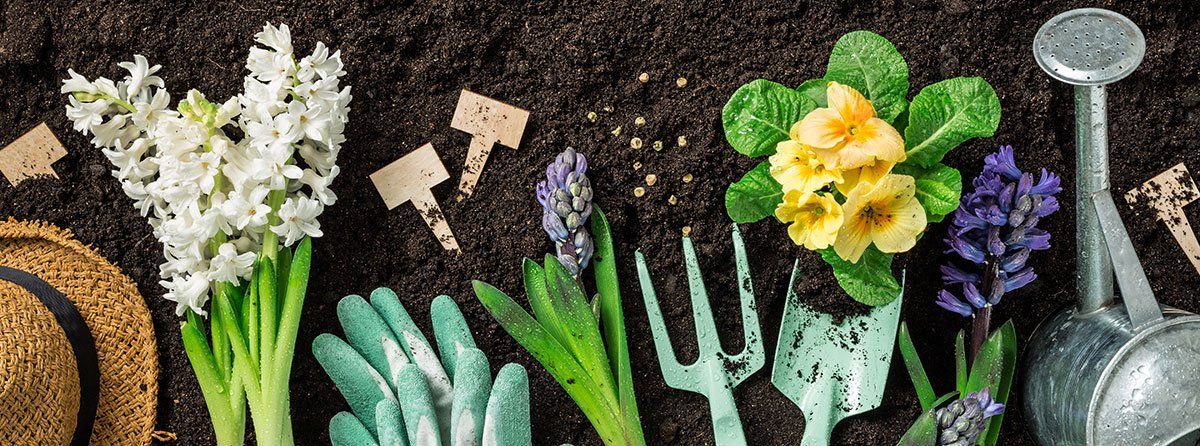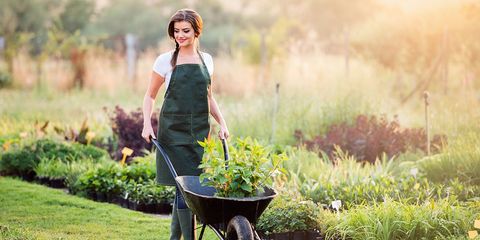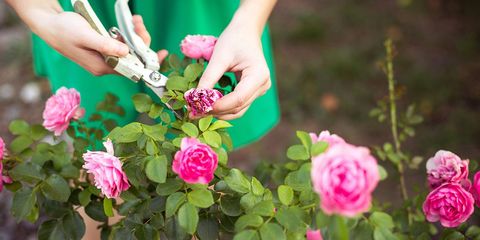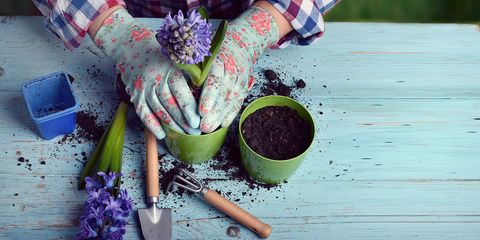6. Fertilising Winter Crops
During winter, it is important to feed the winter crops and flowers, as mentioned before, because they are actively growing during this stage. However, when feeding these plants, it is highly recommended that you move away from a high nitrogen feed to a low nitrogen one. That way, you are promoting robust growth whilst reducing the risk of fungal diseases.
7. Lawn Tip
Lawns seem simple to maintain and with the right tools, knowledge and experience, they are. However, for the untrained or gardening novice, lawns are hard to get right. We will write another article specifically addressing lawn care. For now, we will leave you with this lawn tip, which is appropriate for the winter months.
A great way to alleviate the compaction and maximise the penetration of water is to the spike the lawn. Allowing water to penetrate deep into the root zone of the turf is invaluable for its growth.
Hopefully, we’ve equipped you with the knowledge to help keep your garden healthier during the cooler, drier Brisbane winter months. Whether you use our services or not, basic garden care goes a long way to
maintaining a beautiful garden
in-between our visits or just in general. Put our tips into practice and you’ll certainly notice a difference in your lawn come spring time! For more information regarding winter garden care, or
our services, please don’t hesitate to
contact us.






